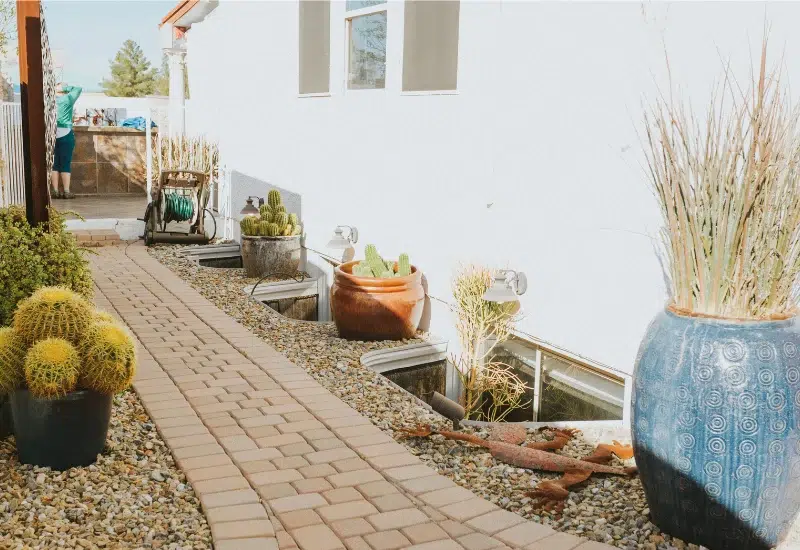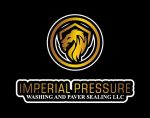
Pavers are a popular choice for driveways, patios, and walkways due to their durability and aesthetic appeal. However, over time, they accumulate dirt, moss, and stains, which can diminish their beauty. Regular cleaning is essential to maintain their appearance and longevity, but can you pressure wash pavers safely?
Let’s explore the pros and cons of pressure washing pavers and the best practices to keep them in top condition.
The Benefits of Pressure Washing Pavers
Pressure washing is an effective method to remove built-up grime, algae, and stains from paver surfaces. Some advantages of pressure washing include:
- Deep Cleaning: It efficiently removes stubborn dirt, mildew, and moss.
- Restores Appearance: A well-cleaned paver surface looks fresh and enhances curb appeal.
- Prepares for Sealing: Cleaning before applying a sealant ensures better adhesion and longevity.
Risks of Improper Pressure Washing
While pressure washing can be beneficial, incorrect techniques can cause damage. Here are some risks to be aware of:
- Surface Damage: Excessive pressure can erode the paver’s top layer, making it rough and uneven.
- Joint Sand Loss: The high pressure can wash away the sand between pavers, leading to shifting and instability.
- Water Infiltration: If water seeps under the pavers, it can lead to erosion or weed growth.
Best Practices for Pressure Washing Pavers
To ensure safe and effective cleaning, follow these guidelines:
- Use the Right Pressure Setting: Keep the pressure between 1000-1500 PSI to avoid surface damage.
- Maintain a Safe Distance: Hold the pressure washer wand at least 12 inches from the paver surface.
- Choose the Correct Nozzle: A fan tip nozzle (25-40 degrees) provides even coverage without concentrating pressure on one spot.
- Work in Sections: Clean small areas at a time, moving in a consistent pattern to prevent streaking.
- Avoid Excessive Water Flow: Use controlled bursts rather than prolonged high-pressure streams.
Alternative Cleaning Methods for Pavers
If pressure washing seems risky, consider these gentler approaches:
- Soft Washing: Uses low pressure combined with specialized cleaning solutions to break down dirt and organic growth.
- Paver Cleaners: Eco-friendly cleaning solutions specifically formulated for pavers can be applied with a brush or mop.
- Scrubbing and Rinsing: For mild stains, a mixture of water and mild detergent can be scrubbed in and rinsed away with a garden hose.
Sealing Pavers After Cleaning
To enhance the longevity of your pavers, sealing is a crucial step after cleaning. Sealing offers several benefits:
- Protects Against Stains: A high-quality sealant prevents oil, dirt, and spills from penetrating the paver surface.
- Reduces Weed Growth: By securing the joint sand, sealing minimizes weed and moss infiltration.
- Enhances Color and Finish: Sealed pavers maintain their vibrant look longer and are easier to clean in the future.
For professional paver sealing services, consider expert assistance to ensure the best results.
Conclusion
Pressure washing can be a powerful tool for maintaining pavers, but it must be done correctly to avoid unintended damage. Homeowners should use the appropriate pressure settings, techniques, and cleaning solutions or opt for alternative cleaning methods for a gentler approach. Sealing pavers after cleaning helps preserve their beauty and durability.
If you’re unsure about handling the process yourself, seeking professional pressure washing services can ensure safe and long-lasting results. Keep your pavers looking their best by using proper maintenance techniques or consulting with experts for professional care.
